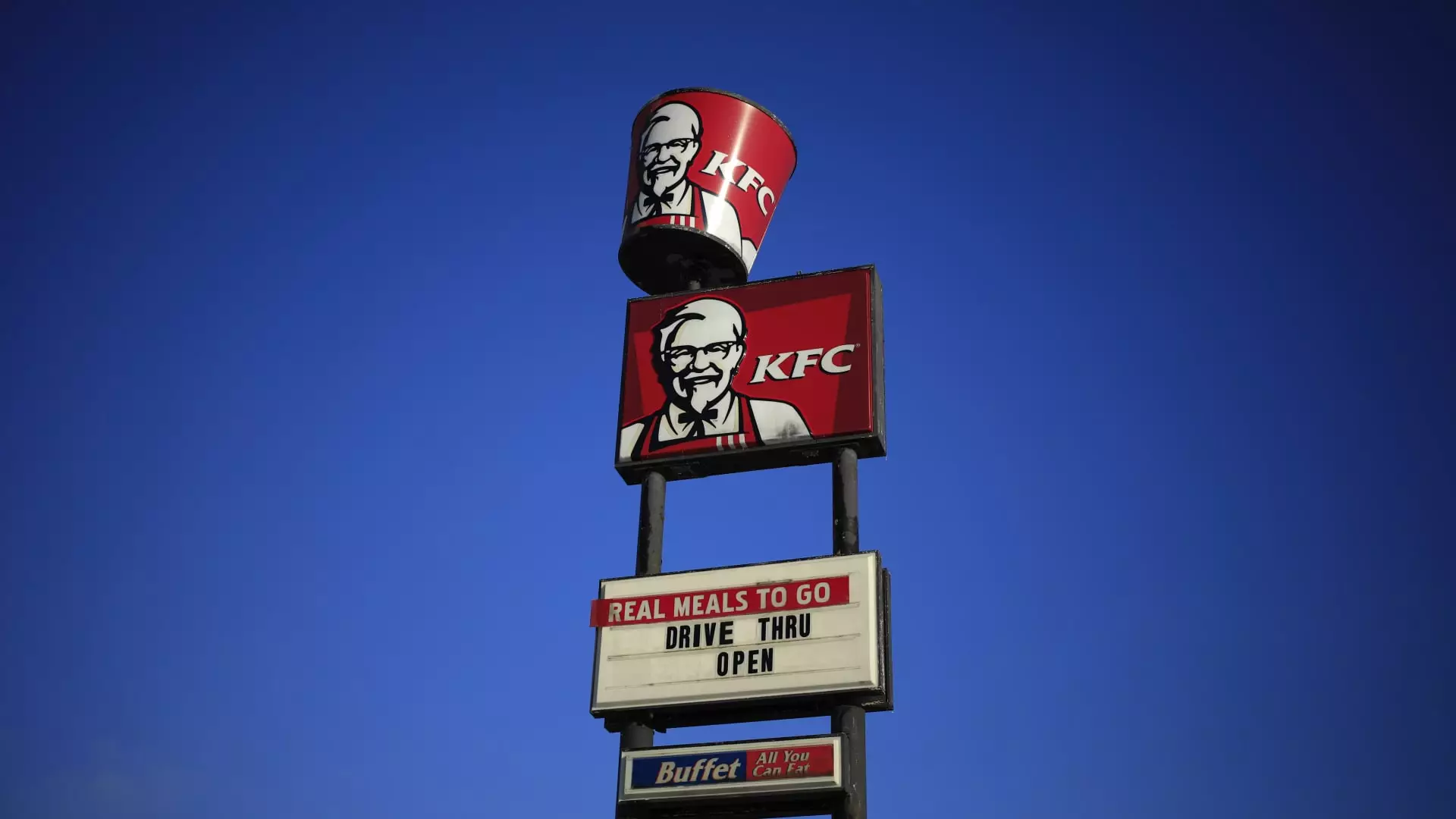In a significant shift for the popular fried chicken chain, KFC, Yum Brands has announced the relocation of its U.S. headquarters from Louisville, Kentucky, to Plano, Texas. This transition is not merely a logistical update; it represents a strategic pivot by the corporation that may significantly impact its corporate culture, employee sentiment, and operational efficiency. Approximately 100 employees will be required to make the move within a six-month timeframe, illustrating the company’s ambitious restructuring phase.
This relocation fits into Yum Brands’ overarching strategy to maintain dual headquarters, with one situated in Texas and the other in Irvine, California. Already housing the global teams for KFC and Pizza Hut, Plano is becoming a central hub for Yum’s operations. Furthermore, this reorganization highlights a trend in corporate America, where hybrid and remote workforces are prompting companies to reassess their geographic positioning. As organizations navigate through the evolving landscape post-Covid-19, factors like tax incentives and modern office space requirements have led many, including Yum Brands, to favor Texas as a relocation destination.
While the relocation may present opportunities for growth, it inevitably raises concerns regarding employee retention and morale. The mandated transfer of roughly 100 employees may lead to mixed feelings among the workforce—some may embrace the new location as an exciting opportunity, while others might struggle with the logistical and emotional challenges of relocating. The shift may alter the dynamics within the company, influencing how teams collaborate and interact.
Despite this move, Yum Brands is not entirely severing ties with its roots. The company plans to sustain a corporate presence in Louisville, maintaining corporate offices and showing continued commitment to its original hometown. Additionally, KFC’s plans for a new flagship restaurant in Louisville signal a desire to preserve a connection to the local community, providing assurances that their departure is not an abandonment.
The trend of businesses relocating to Texas is notable. A 2023 report from CBRE highlights the state’s business-friendly policies as a major draw for corporations. This trend has become even more pronounced since competitors like Papa John’s made similar choices, shifting their headquarters away from Kentucky in search of better conditions in states like Georgia. The appeal of Texas lies not only in favorable tax structures but also in a growing urban infrastructure that supports company expansion and innovation.
As KFC embarks on this significant relocation, it will be essential to monitor the impact on employee satisfaction, operational effectiveness, and brand identity. The continuing evolution of the workforce dynamics post-Covid-19 will likely shape future corporate strategies. KFC’s decision to move to Texas may set a precedent for other companies contemplating similar shifts, emphasizing the evolving nature of corporate America’s landscape in response to new economic realities. In the coming months, how KFC navigates this transition could fundamentally define its trajectory in the fast-food industry.

